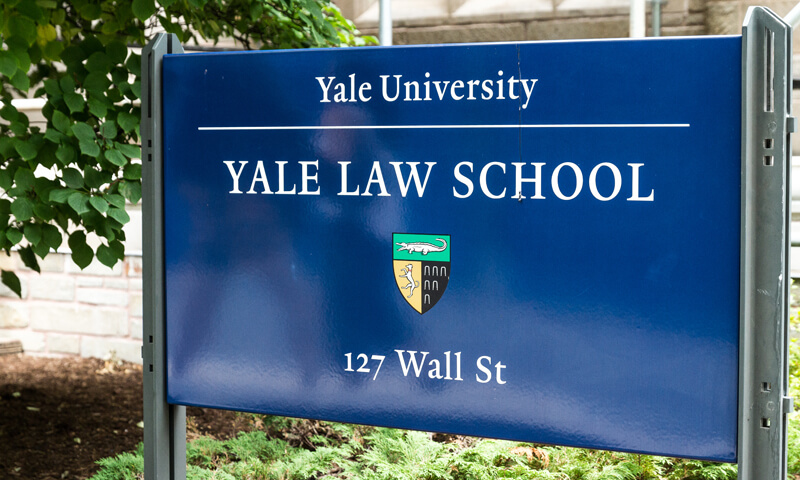Summary: This week, The Atlantic alleges that the InfiLaw Law School system is a scam.
Is InfiLaw taking advantage of its law students and the government? That’s what the The Atlantic is alleging in its latest piece about the for-profit law school group.
InfiLaw is a subsidiary of Sterling Partners, a Chicago-based private equity firm. The for-profit consortium consists of three ABA-accredited law schools—Arizona Summit Law School in Phoenix, Charlotte School of Law, and Florida Coastal School of Law in Jacksonville, Florida. It has received poor press because of its low admission standards, its graduates’ poor bar passage rates, and the inability of its students to repay their student loans.
The Atlantic documented how InfiLaw slashed its already low admissions standards to the point of being an open enrollment system. The article stated that years ago David Frakt, a candidate for dean at one of the schools, held a poorly received faculty presentation that suggested the school’s abandonment of entrance requirements would lead to poor bar passage results. While the faculty bristled at his conclusion, the schools are starting to see the catastrophic results.
“Florida Coastal’s bar-passage rate has fallen from 76 percent to 59 percent, Charlotte’s has fallen from 78 percent to 47 percent, and Arizona Summit’s has gone from 75 percent to an astonishing 30.6 percent,” The Atlantic states.
These numbers are in spite of the fact that InfiLaw paid poor performing students to delay taking the bar exam. This summer, InfiLaw made headlines when Paula Lorona, a graduate of Arizona Summit Law School, filed a lawsuit stating InfiLaw paid $5,000 to poor performing students so that they would delay taking the bar exam.
The Atlantic writes that the bar passage numbers are likely to get worse.
“They are now admitting huge numbers of students with credentials including lower LSAT scores and GPAs that would have barred them from getting into these schools three years ago,” The Atlantic states. “The admissions process at the InfiLaw schools is now close to a fully open-enrollment system, that inevitably matriculates many people who have little chance of ever passing a bar exam.”
Adding more to the InfiLaw problem, they are allegedly not only exploiting students but also taxpayers. Because the schools are accredited, InfiLaw collects approximately hundreds of millions of dollars in federally funded student loans. The average cost of attendance at an InfiLaw law school is over $200,000; and students who cannot pass the bar and thus cannot secure jobs as lawyers will more than likely not be able to pay those funds back.
So what’s the solution? It’s uncertain according to The Atlantic.
“At this point, it’s unclear whether plunging bar-passage rates will inspire federal regulators to take a more aggressive role in protecting both severely underqualified prospective law students and American taxpayers from the predatory behavior of many of the country’s law schools,” The Atlantic states.













































